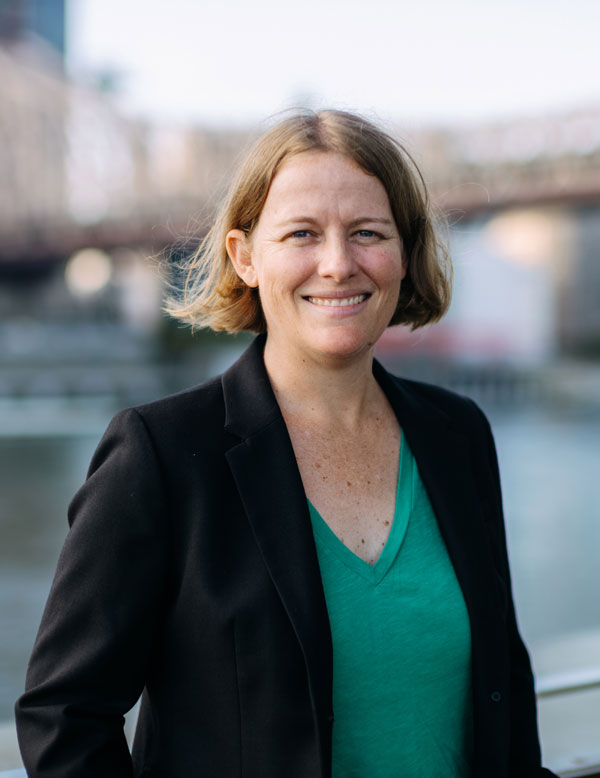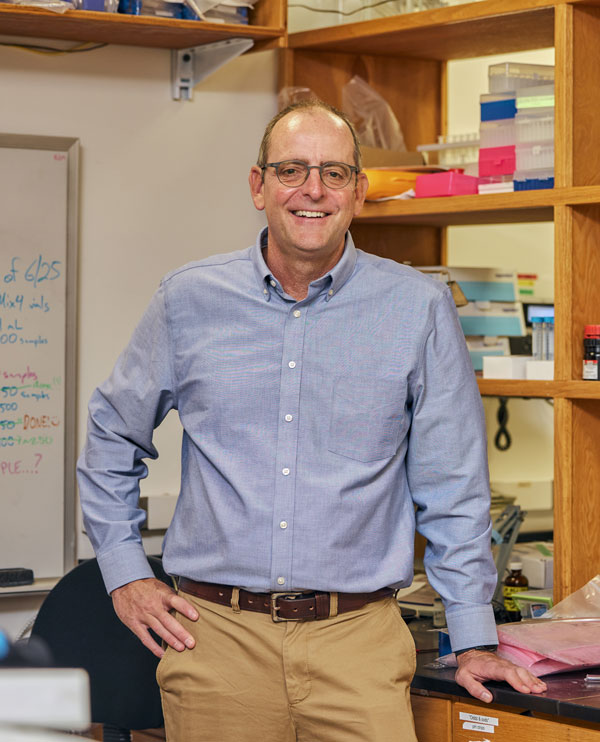Pure genius: Two Huskies win MacArthur foundation grants
This October, two East-Coast based alumni from different fields were among the 22 fellows awarded MacArthur Foundation’s “genius grants.”
Tempering Technology

Nicola Dell develops technology interventions to protect survivors of intimate-partner violence.John D. and Catherine T. MacArthur Foundation
Nicola Dell, ’11, ’15, who completed her master’s and Ph.D. in computer science and engineering at the UW, was chosen for her work developing technology interventions to address the needs of overlooked populations like survivors of intimate-partner violence and home health-care workers.
“Too often technology designers and engineers only think about the benefits of the technologies that they’re building,” she said in a MacArthur Foundation interview. “We need to deal with both the positive and negative effects of the technologies we build.”
Digital technologies have growing roles in facilitating intimate-partner abuse. Abusers use technology to track their partners’ communications, monitor their online activities and impersonate and harass them online, she said. At Cornell University’s Clinic to End Tech Abuse, which Dell co-founded as an associate professor, abuse survivors are paired with volunteer technology specialists who help them go over their devices and accounts and create a technology safety plan. She and her team also work with tech companies including Apple, Google and Meta to create products that limit abuse in the first place.
She also focuses on technology for home health-care workers, a vulnerable, marginalized and often isolated workforce. Technology for them is really designed to monitor and track their behaviors rather than support their efforts to deliver care in a patient’s home, she said. Seeking to improve working conditions and patient outcomes, Dell and her team are working on computer-mediated peer support as well as harnessing technologies to better incorporate home-health workers in the patients’ care teams and to provide them with access to electronic training.
Deep-Sea Dynamics

Benjamin Van Mooy investigates the elements fundamental to life in marine environments.John D. and Catherine T. MacArthur Foundation
Oceanographer Benjamin Van Mooy, ’00, ’03, was selected for his work investigating how microbial organisms like plankton shape the cycling of elements fundamental to life in marine environments. As a senior scientist at the Woods Hole Oceanographic Institution, he has spent his career examining tiny processes in the ocean ecosystem. “Plankton form the very basis of the food web and feed all of the ocean,” he said in a MacArthur Foundation interview. “We look at the molecules that are inside these plankton called lipids. … what we’re finding is as the ocean warms, plankton may be making fewer healthy unsaturated lipids.”
Knowing more about this may help us understand the fate of carbon in the upper ocean, he said.
His Ph.D. in chemical oceanography looked at carbon and phosphorus cycling by distinct groups of bacteria in the North Pacific Ocean. That led to a postdoctoral position at Woods Hole and a long career.
Van Mooy is currently investigating what drives the downward flux of organic cellular materials in the ocean. Called marine snow, microscopic organic matter falls from the upper layers of the ocean into the deep sea, taking up carbon dioxide from the atmosphere and then drawing carbon down.
“About a quarter of all the carbon dioxide released that would have been released by human activities is actually drawn into the ocean,” he said. “Plankton are playing a huge role in that.” Understanding more will inform a broader understanding of the role of oceans in our climate system.